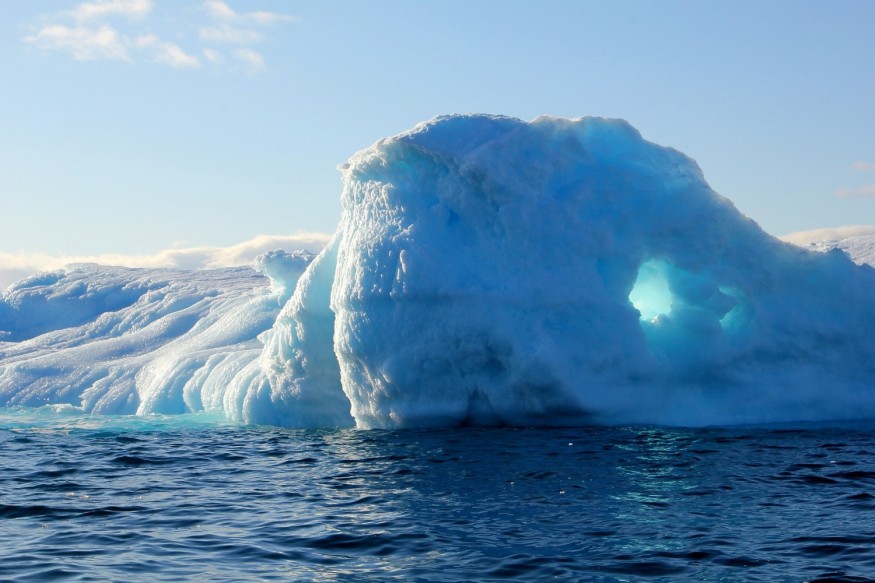
Greenland is now experiencing a "death sentence" as massive ice sheets have melted by a record amount this year, scientists said.
The country has lost enough ice during this time alone to increase the average global sea level by more than a millimeter. Researchers are "astounded" by the increasing pace in ice melts and fear for the future of cities on coasts worldwide.
Why does Greenland matter?
The ice sheet is seven times the area of the United Kingdom and up to 2-3 kilometers thick in places. Greenland stores so much frozen water that if the whole thing melted, it would raise sea levels worldwide by up to 7 meters.
Even a small increase in the rate of melting in the coming decades could threaten millions of people living in low-lying areas in hundreds or even thousands of years later. Florida, Bangladesh, and eastern England are among many areas known to be particularly vulnerable to rises in sea level over the century.
Greenland's fate could have significant implications for the severity of future flooding and may even modify coastlines and force communities to move inland.
Geological Survey of Denmark and Greenland (GEUS) scientist Jason Box, one of the researchers studying the ice sheet, told BBC that he is frightened by the possible dangers of Greenland's ice melt and that coastal planners need to "brace themselves."
"Now that I'm [beginning] to understand more of the consequences, [the ice melt is keeping] me awake at night because I [realize the importance of Greenland] around the world and the livelihoods that are already affected by sea-level rise," he said.
How much of Greenland is melting?
Greenland was "generally" in a state of balance until the amount of ice melting in summer drastically increased recently. There was an increase in ice last year, but that was relatively unusual, said the researchers. Greenland has tended to shed more ice in the previous 30 years.
Researchers said the vast chunks of ice break off from the margins and floated away as icebergs, which sends too much water to the neighboring seas, gradually to melt.
Hundreds of billions of tonnes of ice have melted in recent years and a rough example of the effect on sea level is that more than 300 billion tonnes of melt increased the average ocean level by a millimeter.
The level doesn't sound a lot, but Greenland's loss in 2012 totaled about 450 billion tonnes. This year's melt produced about the same, with some researchers recommending that it could raise sea levels by up to 2mm.
Researchers also included the ice melt in Antarctica as a factor in the effect of the increase in water levels as it warms. Box said the recent rising temperature that's being felt worldwide already placed Greenland to a death sentence.
"We are losing Greenland. But it's a question of how fast [we are losing it," Box said.
Greenland is the target for a significant international research effort involving satellites, monitoring flights and expeditions on the ice itself with the stakes so high for millions of people worldwide.
© 2025 NatureWorldNews.com All rights reserved. Do not reproduce without permission.





